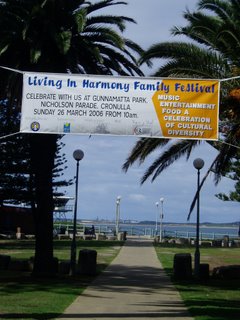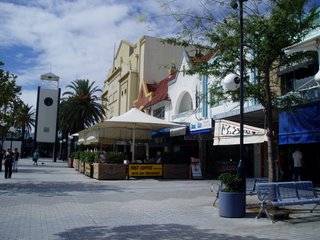Mental Health biggest problem in Aboriginal communities

Aboriginal leaders should be guiding the national summit on the violence in Indigenous communities, rather than being excluded from it by Federal Indigenous Affairs Minister, Mal Brough, said Aboriginal Elder and Health Liaison Officer, Diana Schreider.
Ms Schreider, spends her days dealing face to face with the mental health issues which are at the heart of the violence and substance abuse plaguing Aboriginal communities and is hugely disappointed by the exclusion of Aboriginal leaders from the proposed summit.
“We should have aboriginal leaders going in to problem communities with
non-aboriginal backup, not the other way around” said Ms Schreiber.
Ms Schreider tried to draw attention to the issue of abuse in Aboriginal communities fifteen years ago, and feels the blind eye turned by authorities is “like sitting watching some one get raped”.
“No matter who you are there is no excuse, violence is not in our culture, it is not men’s business, it is the result of depression and alcohol” she said.
The focus on policing was important Ms Schreider felt, however, education, community self esteem and prohibition of alcohol was also part of the solution to the violence.
The media turned its focus on the abuse in Aboriginal communities last week when crown prosecutor for the Northern Territory, Nanette Rogers, publicly voiced her worries about how the problems were being addressed.
Northern Territory Chief Minister Clare Martin was initially reluctant to attend the summit claiming that the Federal Government did not show commitment to previous projects successfully tackling community violence.
In reaction to criticism of his decision to dismiss input directly from the Aboriginal community from the national summit Mr Brough said "Indigenous people have spoken, they have told us what they need. We now, as politicians and as people who run the judicial systems, are the ones who have to step up".







